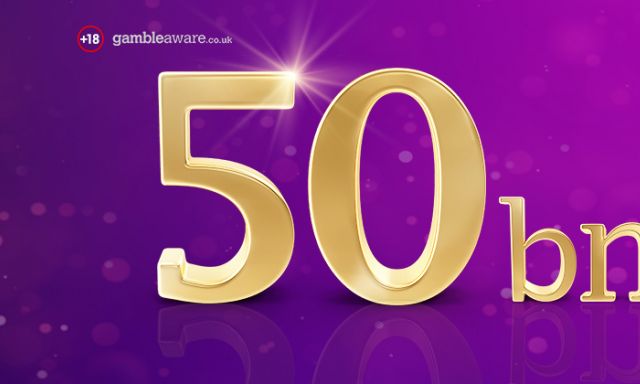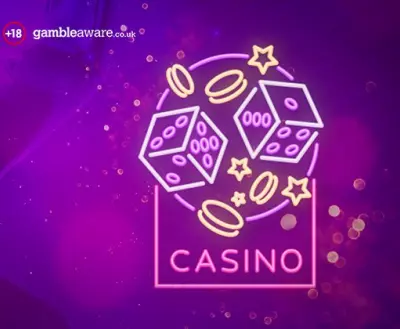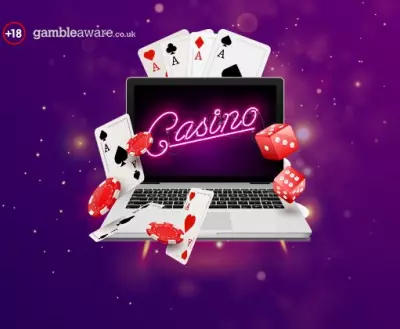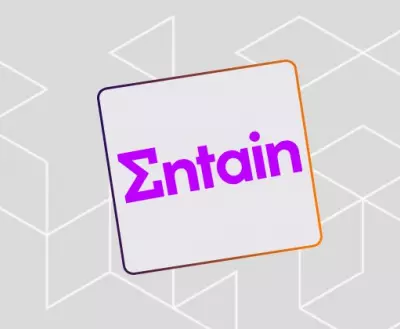The gambling industry globally is expected to continue to grow over the next decade. As more new markets embrace online and mobile gambling, and operators continue to innovate and develop new gambling products, there is still significant growth potential for an industry that is already worth tens of billions annually.
Now, according to new research released this week, it looks like video game gambling could well be the next major frontier. A research report published by Juniper Research identified 30.0 billion market for gambling within video games – with expectations that this could rise to as much as 50.0 billion by 2020.
This segment of the industry revolves around so-called ‘skin’ gambling, where players get the chance to win upgrades to their characters, or otherwise improve their game, by buying options, similar to a bingo or lottery ticket. Similarly, players can purchase loot boxes, but often don’t know what they’re buying until they’ve completed the transaction.
These features are exclusively used within individual game worlds, but have a real-world value beyond their purchase price. Rarer skins or loot box contents can fetch more significant sums in secondary markets, as well as being used as a form of wager for remote gambling between different players.
Of course, to those that follow the gambling industry closely, this will not be news. In-game gambling like skins and loot boxes have already attracted their fair share of negative press, and have even led to new regulation in some cases.
For example, the decision has already been taken to ban these types of gambling entirely in several markets, including Belgium, the United States and Australia.
Skins are mildly less controversial than loot boxes, and are considered to have some real-world benefit. In addition to be applied to characters and specific games, they can also be traded, or used for more straightforward gambling with casino games.
Much of the traffic at present flows through marketplaces like Steam and Valve, where players can trade, bet and exchange skins and other video game assets for cash, with the platforms taking a cut on each transaction respectively.
In current form, these are already hugely lucrative strategies for games developers, and ape many of the same techniques deployed in the online gambling sector. Despite some regulatory resistance so far, the research report concludes that there is no sign of demand slowing any time soon, and in fact, the likely picture over the next few years is further, rapid growth.
This is an interesting model for video game developers, but what about Party Online Casino or others involved in more straightforward remote gambling markets? As technologies and user-preferences change, it is increasingly important for operators to be agile, and that could include strategic partnerships, or developing more in-depth game content in future.
Either way, it’s clear that video game gambling is already big money – and it’s only getting bigger. As part of the wider 700.0 billion online gambling market, in-game gambling of this kind looks set to play an ever-increasing role, both for consumers and for gambling operators.








